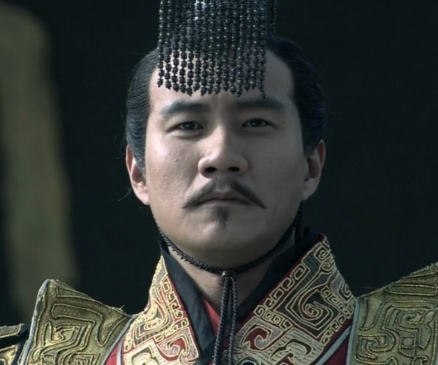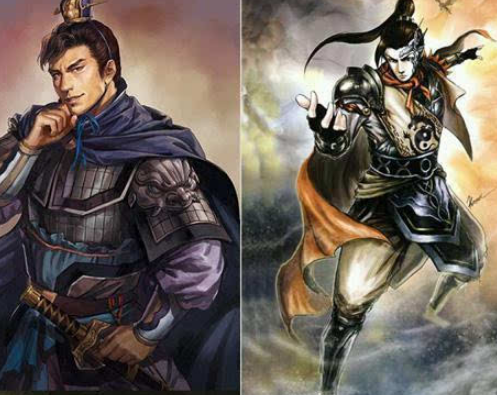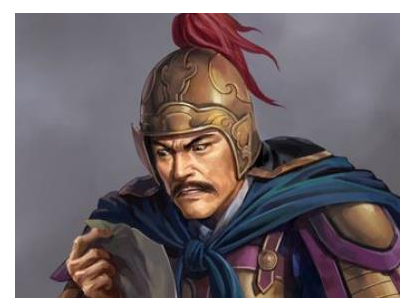In ancient Chinese history, the relationship between emperors and ministers was often filled with complexity. As a famous general in the Qing Dynasty, Nian Gengyao's life experienced ups and downs. Especially after he was executed, Emperor Yongzheng's attitude towards his family and relics caused widespread concern among later generations.

I. Brief Introduction to Nian Gengyao's Life
Nian Gengyao, styled Ji Ying and Yan Shan, was a famous general during the reign of Kangxi and Yongzheng in the Qing Dynasty. He was highly regarded by Emperor Kangxi for his outstanding military achievements and was once promoted to the rank of First Class Duke. However, after the death of Kangxi, the relationship between Nian Gengyao and Emperor Yongzheng gradually became tense.
II. The Reason for Nian Gengyao's Execution
The specific reason for Nian Gengyao's execution is not accurately recorded, but according to historical records, it may be related to his political blunders. At that time, Nian Gengyao was regarded as a powerful minister, which aroused Emperor Yongzheng's suspicion. In order to consolidate his ruling position, Yongzheng decided to weaken Nian Gengyao's power.
III. The Family Situation After Nian Gengyao's Execution
After Nian Gengyao's execution, Emperor Yongzheng ordered his family to be searched and confiscated. However, during the process, a special character was discovered - "Yongzheng knew and was so angry that he vomited blood". This phrase implies that Nian Gengyao had foreseen his fate before his execution and expressed great dissatisfaction and anger. When this news was brought back to the palace, Emperor Yongzheng was indeed very angry, even to the point of vomiting blood.
IV. Conclusion
After Nian Gengyao's execution, Emperor Yongzheng's attitude towards his family and relics was full of complexity. Although it seemed ruthless on the surface, it actually reflected Yongzheng's contradictory emotions towards Nian Gengyao, who was once his trusted assistant. By reviewing this period of history, we can gain a deeper understanding of human nature and fate under ancient imperial politics.
Disclaimer: The above content is sourced from the internet and the copyright belongs to the original author. If there is any infringement of your original copyright, please inform us and we will delete the relevant content as soon as possible.






























